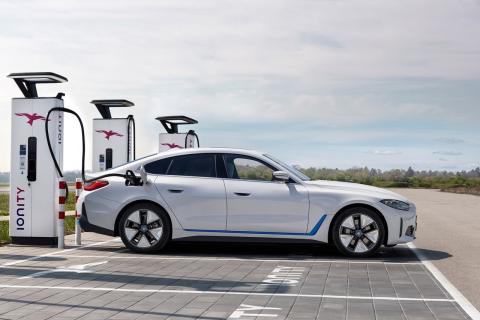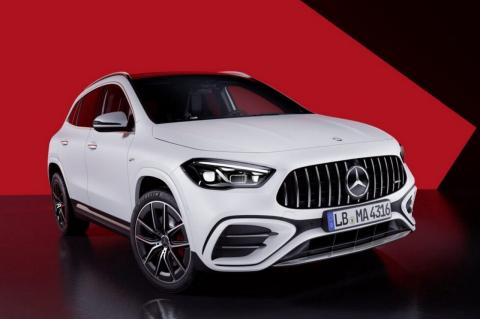France wants to go ahead with the European Union’s plans to ban combustion engines by 2035 and Germany accuses the French government of provoking a confrontation.
The division between the different European countries, due to the ban on combustion engines in 2035, is increasing more and more and one can already speak of a war between France and Germany, the two main states of the European Union.
In February, the European Parliament tested a ban on diesel and gasoline engines by 2035 (also hybrids, LPG and CNG), the Commission’s proposal. So, from then on, all new cars must be electric, hydrogen fuel cell or any other zero emission technology.
The only thing missing was the ratification of the measure by the European Council, made up of the 27 member states, but it was just before this last step when some countries have raised their voices against the decision.
Among them, Germany, which leads an alliance against the ban on combustion engines and in favor of using e-fuel or synthetic fuel.
War between France and Germany over the ban on combustion engines in 2035
However, France has been in favor of going ahead with the ban on combustion cars. Or what is the same, it is against Germany and Italy, which has provoked criticism from the German Finance Minister, Christian Lindner.
According to Lindner, France ignores the rising costs of electric cars and speaks directly of a confrontation between the two countries: “It is very regrettable that the French government declares a confrontation to ban the internal combustion engine,” he said in an interview with the communication group Funke.
France denounces inconsistent messages
Lindner’s remarks came after French Economy Minister Bruno Le Maire said the EU must uphold the planned ban: “We cannot say there is a climate emergency and reverse the transition to electric vehicles, Le Maire told the France Info television channel.
The French minister said that Europe is five to 10 years behind China in the development of electric vehicles and should not send inconsistent messages to automakers, including French companies such as Renault and Stellantis.
“Saying that we will go electric but that we will stay a bit with combustion is economically incoherent and dangerous for the industry. It is not in our national interest, nor in that of automobile manufacturers, nor in that of the planet,” said Le Maire.
Towards less affordable mobility
Lindner stated that by supporting the proposed ban in its current version, “France does not fully take into account that battery electric cars are more expensive than internal combustion ones. This will make mobility less affordable for many people after combustion cars are banned,” he said.
The German finance minister said that Le Maire “knows very well that mobility by car could become increasingly expensive for many working people. We must take these concerns seriously.”













